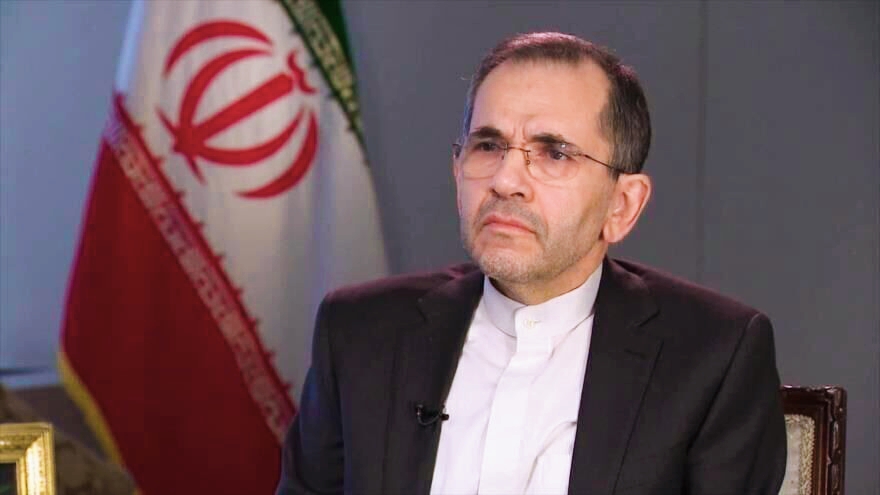Iran's New Statements on Diplomatic Solution and Suspension of Nuclear Cooperation with the Agency
July 5, 202529 ViewsRead Time: 2 minutes

Font Size
16
The Iranian Foreign Ministry confirmed yesterday, Friday, its desire for diplomatic solutions, but emphasized the need for clear answers from the United States.
Assistant Foreign Minister Majid Takht-Ravanchi said: "We are seeking diplomatic solutions, but the most important issue for us is to get an answer from the United States regarding a fundamental issue, which is that they must convince us that they will not use military force again during the negotiation period, and this is necessary for our country to be able to make a thoughtful decision about the future of the negotiations."
Takht-Ravanchi, a member of the Iranian negotiating team, added that his country will suspend its cooperation with the International Atomic Energy Agency, indicating that this depends on a set of issues, including determining the steps that must be taken to ensure regular and smooth cooperation with the agency.
He explained that the Iranian Ambassador in Vienna has been in contact with the Director-General of the agency and has clearly stated his country's position.
He pointed out that inspectors were visiting sites containing highly enriched uranium before the twelve-day war with Israel, and therefore they were fully aware of the status of these materials.
This announcement came after the inspectors of the International Atomic Energy Agency officially left Iran on Friday following Tehran's formal suspension of cooperation with the agency.
The agency stated on its "X" platform that the inspection team left Iran safely heading to the agency's headquarters in Vienna after staying in Tehran throughout the recent conflict.
IAEA Director-General Rafael Grossi called for talks with Iran to resume monitoring its nuclear program, stressing that "resuming monitoring and verification activities with Iran must be discussed as soon as possible."
Iran had officially suspended its cooperation with the agency on Wednesday after President Masoud Bazkhian signed the law approved by the parliament last week.
Tehran threatened to suspend cooperation, accusing the agency of bias towards Western countries and providing justification for Israeli airstrikes that began after the agency's Board of Governors voted on a resolution considering that Iran is not fulfilling its obligations under the Treaty on the Non-Proliferation of Nuclear Weapons.
Tensions escalated between Tehran and the UN agency following the twelve-day war between Iran and Israel, which targeted Iranian military and nuclear facilities, including the assassination of nuclear scientists. The United States joined the attacks by launching unprecedented strikes on three key nuclear facilities in Iran.